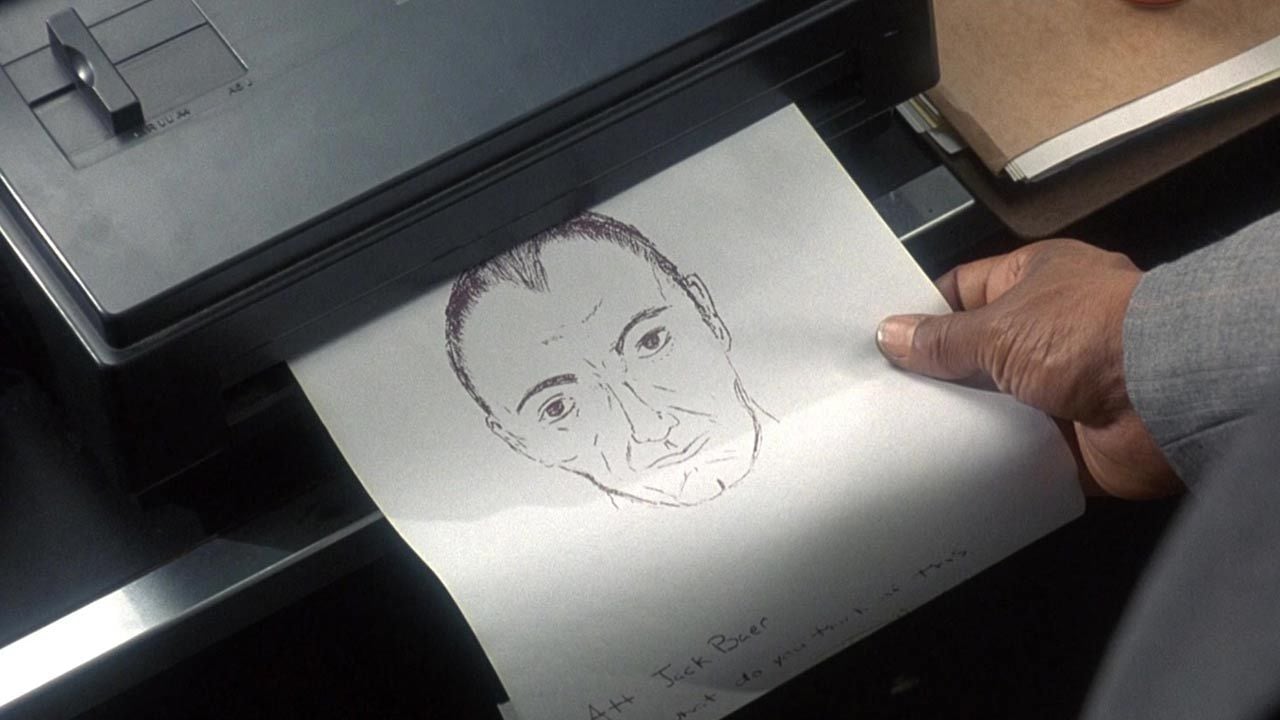An inevitable result
From his arrival on Netflix, Adolescence It stands out as a real phenomenon. This British mini-series signed Jack Thorne and Stephen Graham immerses himself in a chilling criminal: the arrest of Jamie Miller, a 13-year-old teenager accused of the brutal murder of his classmate Katie Leonard. Built in four episodes, each filmed on a single sequence plan, the account analyzes the impact of crime on all the protagonists involved by the police to the relatives of the young boy.
But while the identity of the murderer is never truly questioned, the series is more interested in the reasons that pushed Jamie to commit the irreparable. And in a conclusion as tragic as well as exceptional, Adolescence It highlights the weight of the harmful influences that modeled the young boy’s mind.
The last episode moves away from the questions about his fault to explore the consequences of the case on his family. His parents, overwhelmed by pain, amaze their responsibility in this drama. Jamie, meanwhile, finds himself in front of a crucial choice: to maintain his request for innocence or finally admit the truth.
Why does Jamie decide to declare himself guilty?
From the first episode, Adolescence Don’t hide anything: Jamie is arrested and put into custody by the police after investigators have discovered an overwhelming video in which we see an individual wearing his shoes stabbed seven times. However, the boy remains silent, oscillating between embossed confessions and violent negation.
The third episode, focused on a session with a psychologist, gradually illuminates Jamie’s Psyche. His behavior reveals a toxic influence of the online misogynist universe, in particular speeches propagated by figures such as Andrew Tate. Obsessed by the idea that women despise men like him, Jamie feels humiliated after being described asIncel of Katie on Instagram. His growing discomfort, strengthened by online harassment, seems to have fueled his act.
But the real swing intervenes in the last episode. While the trial approaches, Jamie calls her father and announces that she is changing her request: she declares himself guilty. This choice marks a decisive turning point in his career. As Jack Thorne explains a Variety,, “Jamie now knows what he has done and what awaits him. You choose to put aside his emotions, as if he had closed a box on himself.”
This brutal trend reversal causes an earthquake within his family. Her parents, torn, understand that their son will probably never leave prison. Director Philip Barantini compares this scene with the announcement of a doctor who disconnects a loved one under respiratory assistance. A metaphor that illustrates the irreversibility of the situation and the devastation that generates.
An end open to a social reflection
Never try to exonerate Jamie, Adolescence Ask a wider question: how did we get there? The series prevents Manicheism from exposing a disturbing social phenomenon. It underlines the increase in child violence in the United Kingdom, in relation to the pressure of social networks, to online misogynic culture and the climate of growing insecurity.
The top floor, of a chilling sobriety, shows Jamie’s parents alone in the face of their pain, realizing that their son will never return home. Heavy silence puts himself, leaving the viewer in front of a dizzying question: Could this drama have been avoided?
With AdolescenceJack Thorne and Stephen Graham offer an relentless psychological drama, whose conclusion, although predictable, is still overwhelming.
Source: Cine Serie
Ray Ortiz is a journalist at Gossipify, known for his coverage of trending news and current events. He is committed to providing readers with accurate and unbiased reporting, and is respected for his ability to keep readers informed on the latest news and issues.





-1iuketvcst36q.png)



